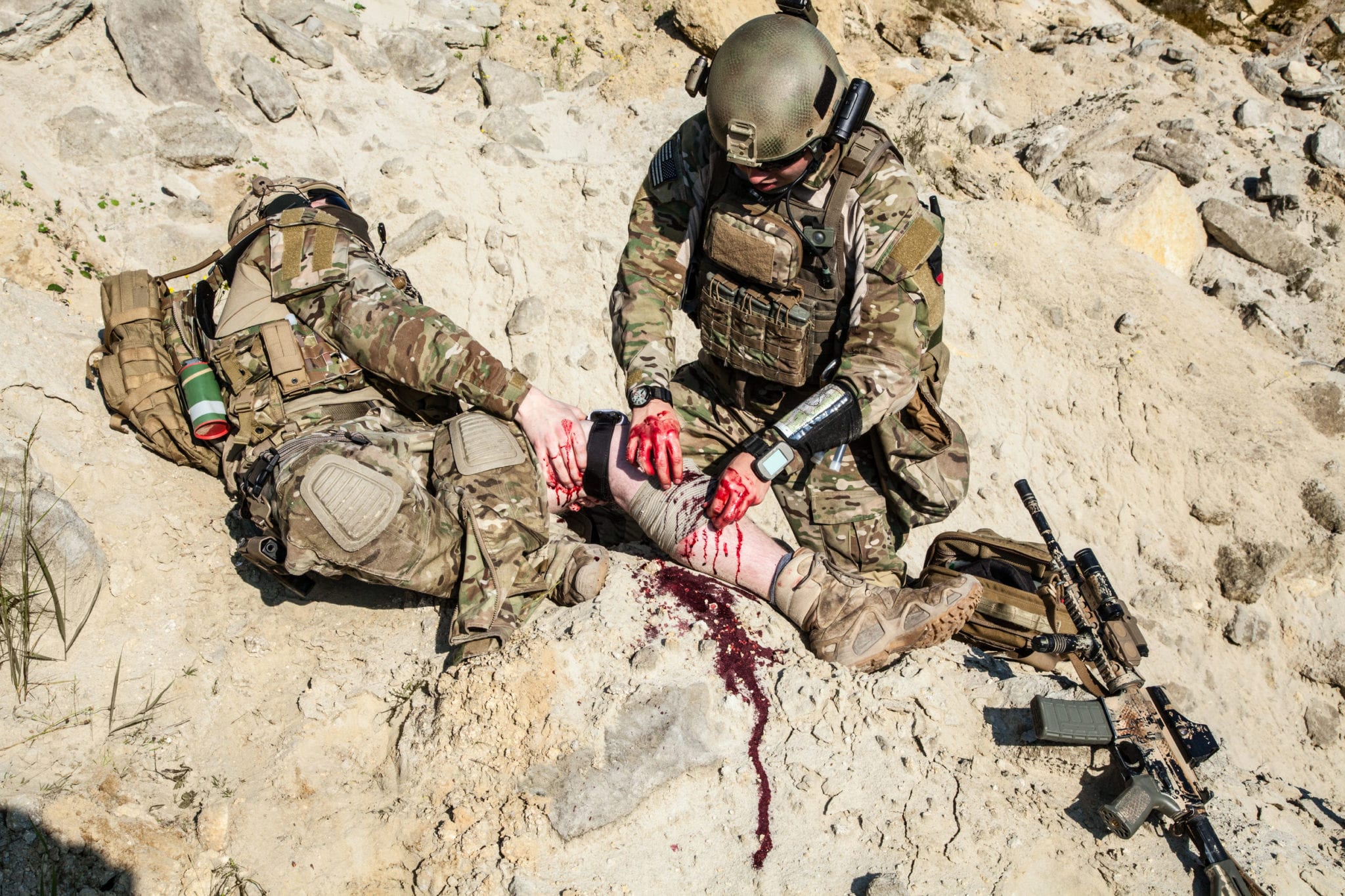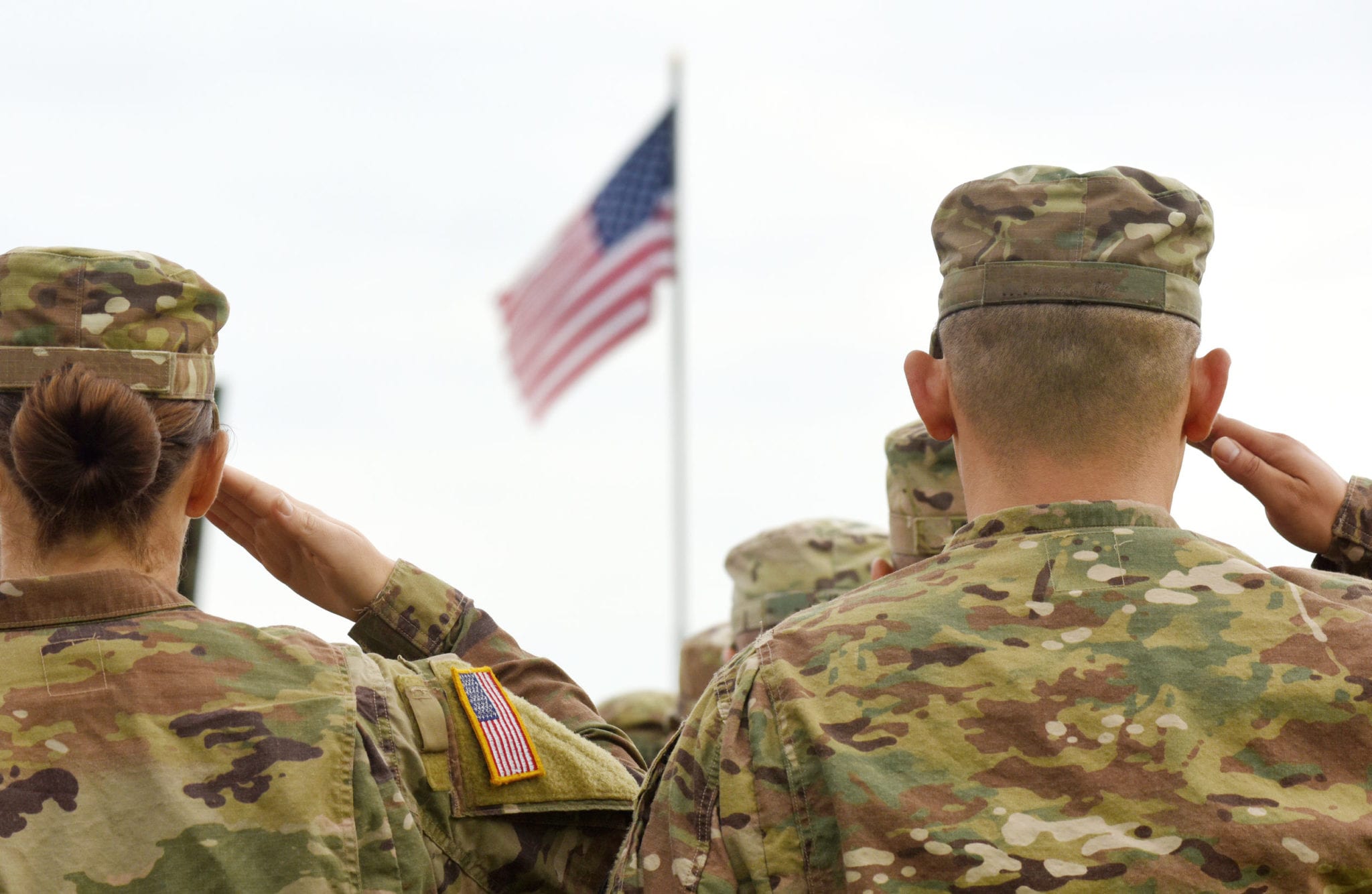
Pressure on Iran has steadily increased since the United States withdrew from the Iran nuclear deal in May 2018. It’s taken a much more serious turn recently with the killing of General Soleimani. As the justification for these events continues to unravel, lawmakers have begun shifting in their seats.
Legislators aren’t the only ones, though. Those who’ve volunteered for the American Armed forces and civilians alike are justifiably thinking about the possibility of war with Iran…and whether they feel it’s the right move.
Soldiers Opposed to an Upcoming War Have Options
The fact of the matter is Trump could send the country to war, with or without the permission of Congress. The likelihood of a draft is small, but military members could be deployed if Trump continues to send troops to Iran.
If you are a soldier who is opposed to this war, you may be considering whether to register as a conscientious objector. Our advice? It’s time to talk to a military defense lawyer.
The registration process often requires legal counsel; it’s also the best way to avoid going AWOL and facing more serious consequences.
Understanding Conscientious Objection
Conscientious objection is the practice of opposing participation in a war. A person’s moral, religious, or ethical beliefs may qualify them for conscientious objector (CO) status, and there are generally two alternative duties of service for conscientious objection when your objections are found to qualify.
Alternative Service Options
Alternative 1: You may be assigned to jobs serving the community through the Selective Service Alternative Service Program.
Alternative 2: You will still serve in the military directly, but just not in a combative role. Your duties will not involve the use of any weapons.
Conscientious Objector Originally Cited Religious Reasons
Traditionally, conscientious objectors cited religious reasons for opposing all war. Quakers, Mennonites, and members of similar religions practice pacifism.
Since the American Revolution, this was the main (if not only) reason for becoming a conscientious objector. Over time, however, reasons for opposing war have changed and expanded.
What Conscientious Objection Looks Like Today

The history of conscientious objection took a turn during the Vietnam War. This was a particularly polarizing war, and the number of objectors spiked dramatically during this time.
Objectors didn’t just cite religious reasons for opposing this war; they believed their morals or ethics held them back from participating as well. However, problems arose when objectors only opposed the Vietnam war.
CO Status No Longer Relies Strictly upon Religion
Multiple Supreme Court cases, including Welsh v. United States and Gillette v. United States forced the Supreme Court to look at what it meant to be a conscientious objector. The U.S. Selective Service has since updated its policy on conscientious objection, saying:
“Beliefs which qualify a registrant for CO status may be religious in nature, but don’t have to be. Beliefs may be moral or ethical; however, a man’s reasons for not wanting to participate in a war must not be based on politics, expediency, or self-interest.”
Objecting to a Single War Still Won’t Fly
Objecting to a single war, but not all wars, still won’t typically qualify you for CO status. This is an important differentiation between conscientious objection…and simply refusing to perform your military duties.
Conscientious Objection vs. Going AWOL
To be granted CO status, you must apply. This process isn’t easy. It involves three interviews. Nevertheless, this process is the only way to legally abstain from participating in future wars and still receive an honorable discharge if you are a current member of the military.
There is another way out of serving, but it doesn’t have such a happy ending. Members of the military who oppose going to war may choose to leave AWOL (Absent WithOut Leave). “Going AWOL” simply means not showing up to where you’re supposed to be.
Going AWOL may occur if a member of the military doesn’t want to get deployed or they have a family emergency and don’t have permission to leave. It is also a criminal offense.
If you go AWOL, you could be subject to a dishonorable discharge or even time in jail.
Dishonorable discharge is not a pretty exit from the military – you lose some civilian rights (including the right to own a firearm) and may have trouble finding a job to support your family.
It is much more beneficial to exit service by becoming a conscientious objector. If you are considering an otherwise untimely exit from the military, reach out to a military defense lawyer immediately to discuss your options.
A Minnesota Military Defense Attorney Can Help You with Conscientious Objection

Counsel can help you decide whether CO status is appropriate for you and how to get started on this process. CO status allows you to be honorably discharged from the military without having to serve or be combative in an upcoming war.
Don’t lose the benefits that you have earned with your past service. Start this process now to avoid dishonorable discharge (or jail time) later.
About the Author:
Christopher Keyser is a Minneapolis-based criminal and DWI defense attorney known for fighting aggressively for his clients and utilizing innovative tactics to get the most positive results. He has been featured in numerous media outlets due to the breadth and depth of his knowledge, and recognized as a Minnesota Super Lawyers Rising Star (2014–2015), a Top 100 Trial Lawyer (2013–2015), and a Top 40 Under 40 Attorney (2013–2015).





